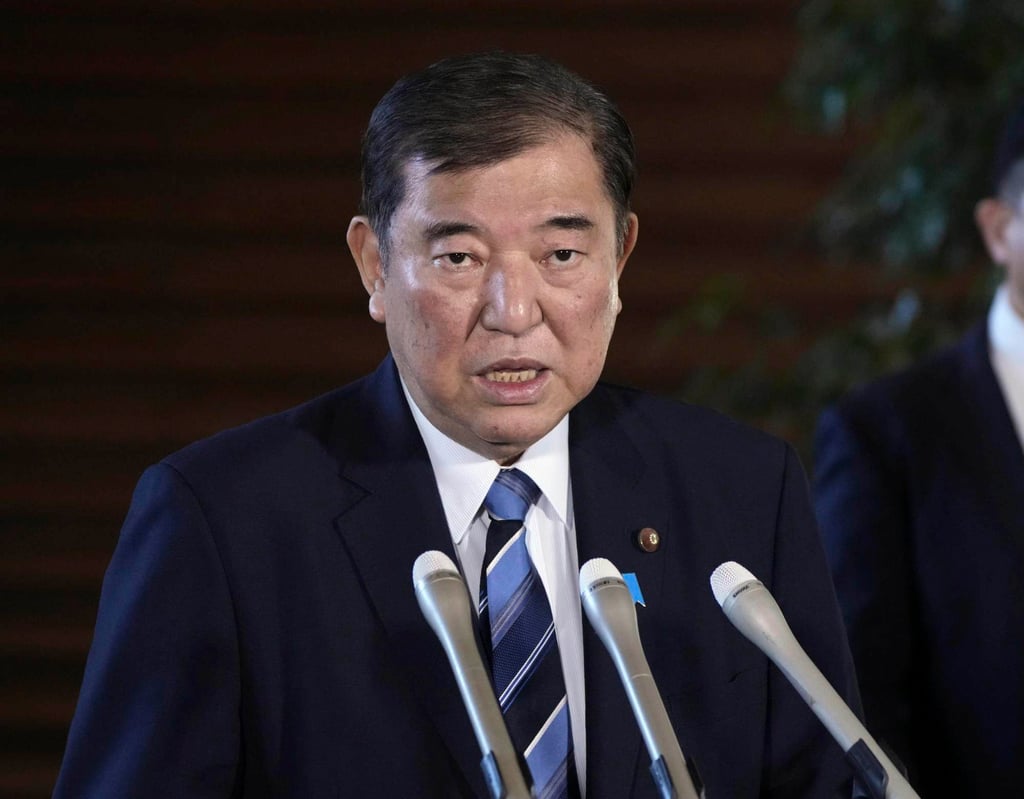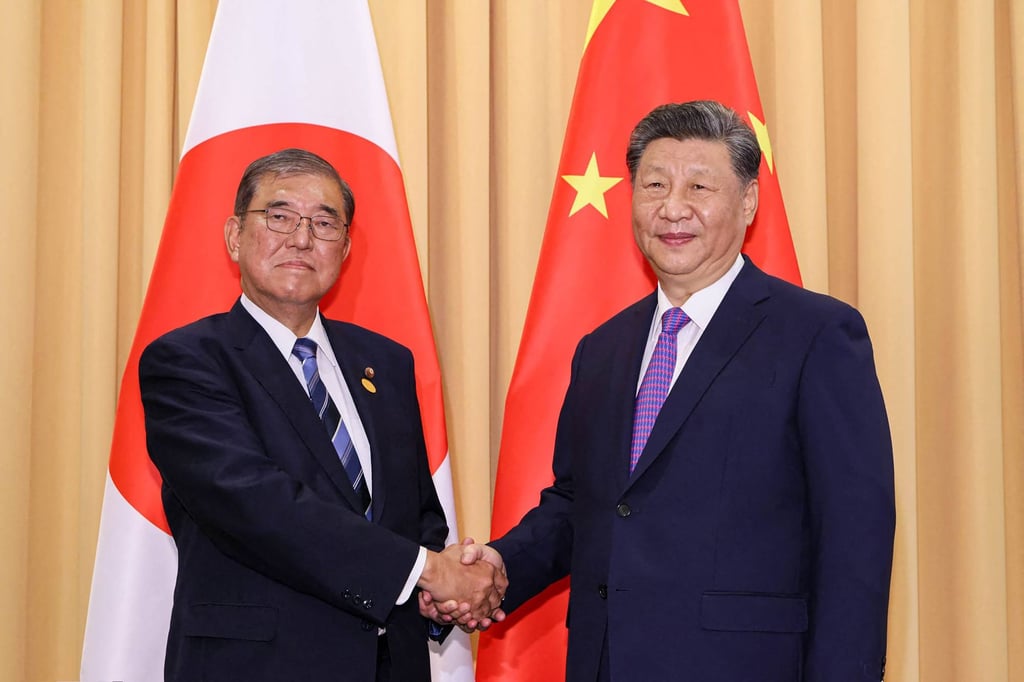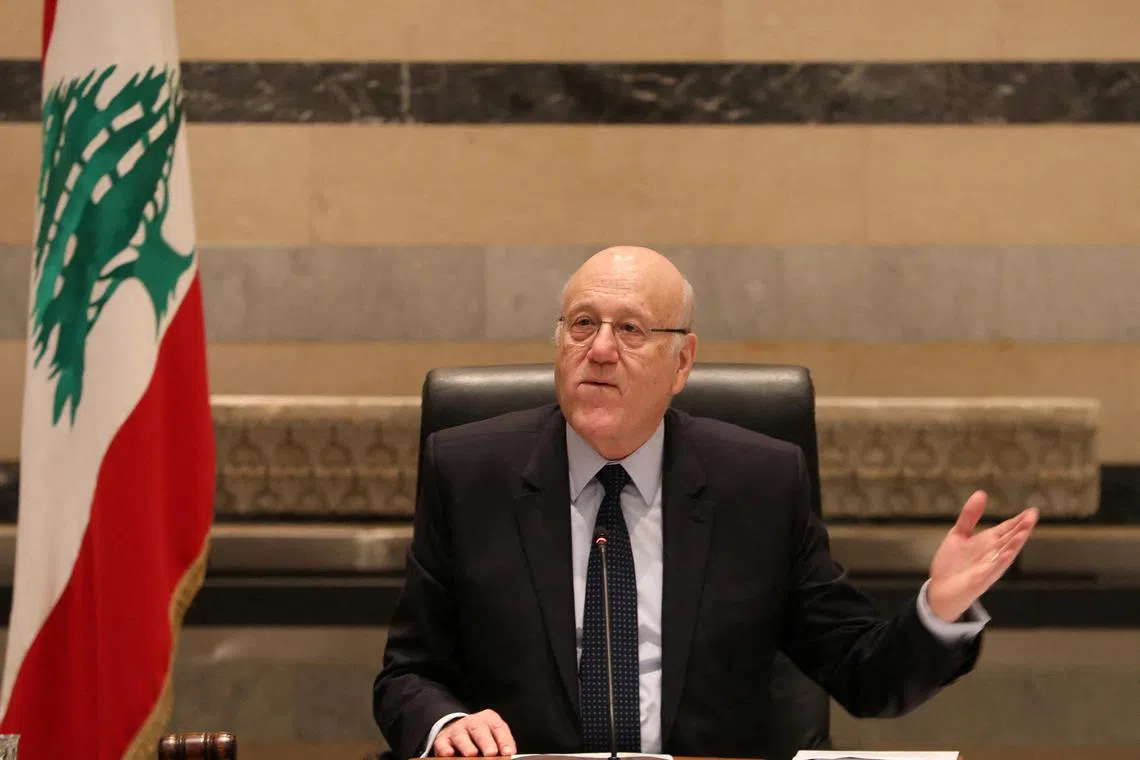Japanese Prime Minister Shigeru Ishiba’s repeated rebuffs by US president-elect Donald Trump may drive him towards Beijing, analysts say, sparking concerns that closer Sino-Japanese ties might complicate Washington’s Asia-Pacific policy.
When Trump declined a request to meet Ishiba in November, it was widely seen as a snub to the Japanese leader. Additionally, when Ishiba suggested visiting Trump at his Mar-a-Lago residence, this was also firmly rejected, with the president-elect’s team citing the 1799 Logan Act for avoiding contact with foreign leaders before his inauguration on January 20.
Critics of that explanation highlight Trump’s recent meetings with leaders such as Canadian Prime Minister Justin Trudeau, French President Emmanuel Macron, and Ukraine’s Volodymyr Zelensky, as well as a private meeting with Prince William.

While Ishiba has stayed silent on why he was rebuffed, Tokyo officials announced that the prime minister has turned down an offer of talks in the US in late January and postponed his visit to late February, shifting his focus elsewhere.
On a television news programme on December 29, Ishiba said, “It is extremely important for the Japanese prime minister to visit China.”
This is Ishiba’s second indication since being elected in October of his intent to travel to Beijing to meet Xi Jinping, a plan that has raised concerns in Japan.
“It almost seems that the Ishiba government is creating a passive-aggressive approach to dealing with the Trump administration,” said Stephen Nagy, a politics and international relations professor at Tokyo’s International Christian University.


 By South China Morning Post | Created at 2025-01-10 11:05:01 | Updated at 2025-01-10 14:41:32
3 hours ago
By South China Morning Post | Created at 2025-01-10 11:05:01 | Updated at 2025-01-10 14:41:32
3 hours ago








